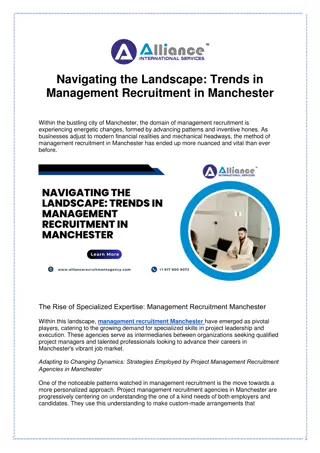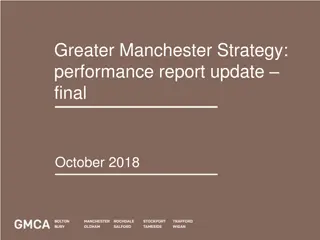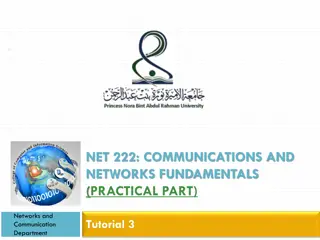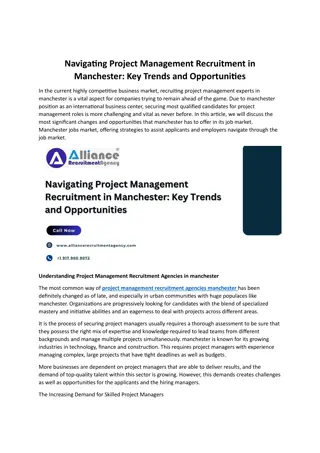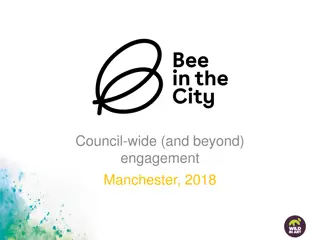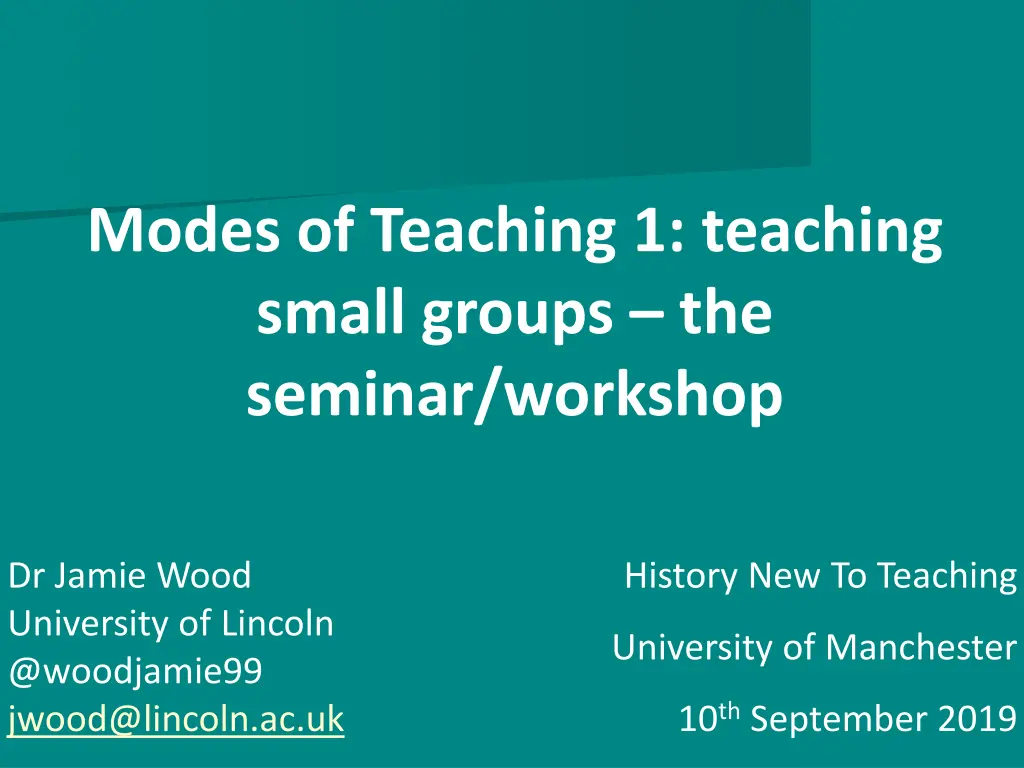
Effective Strategies for Teaching Small Groups in Seminars and Workshops
Discover valuable insights on teaching small groups in seminars and workshops, emphasizing the importance of understanding students' diverse needs and providing engaging learning experiences. Learn practical tips on planning, structuring sessions, and fostering active participation to enhance student learning outcomes.
Download Presentation

Please find below an Image/Link to download the presentation.
The content on the website is provided AS IS for your information and personal use only. It may not be sold, licensed, or shared on other websites without obtaining consent from the author. If you encounter any issues during the download, it is possible that the publisher has removed the file from their server.
You are allowed to download the files provided on this website for personal or commercial use, subject to the condition that they are used lawfully. All files are the property of their respective owners.
The content on the website is provided AS IS for your information and personal use only. It may not be sold, licensed, or shared on other websites without obtaining consent from the author.
E N D
Presentation Transcript
Modes of Teaching 1: teaching small groups the seminar/workshop Dr Jamie Wood University of Lincoln @woodjamie99 jwood@lincoln.ac.uk History New To Teaching University of Manchester 10th September 2019
A starting point students Are not like you Are not like each other
A starting point students They are at university for different reason Have different skills, knowledge, attitudes, interests Do not necessarily learn or think like you (or like each other)
A starting point teaching Telling teaching (or learning) Assume nothing Be flexible
Activity 1: What is a Seminar? (3 minutes) Write responses to either or both questions on a post-it (1 post-it per response): What is a seminar? What isn t a seminar? Stick post-its on your table Try to group your responses thematically
Working assumptions - seminars are about Giving students active learning experiences = getting students to do something (including thinking) Discussing, debating and socialising Feeding-back and feeding-forward (for the students and you) Reinforcing and developing learning Practising and improving skills Introducing new ideas Checking, correcting & developing understanding Supporting lectures
Back to Basics - DOs Have a plan/ structure (aims and objectives) What are you and the students going to do? In class; before; after How long will it take? Be realistic What do you want the students to get out of the class? How does this relate to the module as a whole? Variety is good Students learn in different ways so varying activities (at home and in class) increases engagement
Back to Basics DONTs Try to do too much 2 activities will probably be enough for a 50- minute session Have 3 or 4 points (or even less) that you want the students to take away from the seminar Rely on students to be active Be prepared with stuff for them to do
Activity 2: Planning a Seminar Activity 2 20 min In small groups plan a seminar/ workshop Use the flipchart paper to represent your plan Think about: what are you and the students are going to do? Why? What problems/ opportunities do you envisage? How will you overcome/ harness them?
Scenario Some of students on the third year module have high levels of prior knowledge, expertise and interest in the topic; some don t. Here s some more contextual information: There is a 1 hour lecture every week and a 1 hour seminar you re teaching the seminar There are 15 students in your group A few of the students have studied this area in years 1 and 2 and a couple of them are doing their dissertations on connected topics, while for others it s new
Planning a Seminar 2 Seminar Plan (on the flipchart), address the following: the class? (1 or 2) What are your aims for How will you begin? What is the main activity? How will you end? You will have 2 minutes to feed back you don t need to read out your entire plan, just a couple of key points that emerged from your discussion.
Tips Consider the physical aspect of the room Anticipate potential issues and how to resolve them Remember timings Remember the social aspect of the group Silence can be your friend! Be flexible & adapt E.g. bring extra activities Don t be afraid to leave the room
Points to Ponder Self Try to develop your persona as a teacher don t just copy your own teachers but this takes time Show off your passions and expertise to model skills and behaviours Use your peers and colleagues Two sessions will never be the same...







